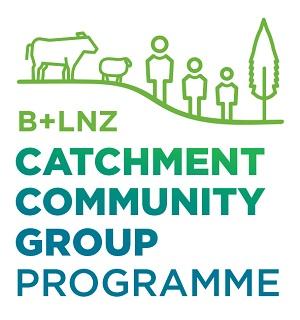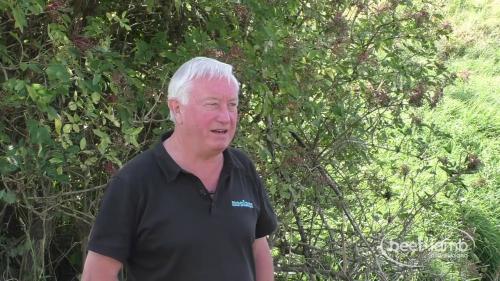Search results
Displaying 601 - 610 results of 1447
- News… “Our hearts and thoughts go out to everyone affected by Cyclone Gabrielle … DairyNZ and Federated Farmers, along with the Rural Support Trust and the Ministry for … from around New Zealand are already reaching out to help, we will be drawing that expertise …

- Podcast… Waitatapia Station near Bulls and is Chair of the Rangitikei Rivers Community Collective … Manager (North Island) for B+LNZ. Hear about the value catchment community groups can … successfully. For more information, check out our Catchment Community Group Programme …

- News… Sown in the wake of intensively grazed winter forage … sites established on commercial farms in Southland, Canterbury and the West Coast. Trial … this for a significant period of time. In Southland, one-pass Spader drills are ideal for …

- News… near Manapouri, is one of two farm’s hosting the across-breed Beef Progeny Test which is … and Franzi Weik from B+LNZ Genetics talked about the across-breed Beef Progeny Test, the … Anna Boyd, Genetic Operations Specialist-Beef outlined the nuts and bolts of the Progeny …

- News… Six weeks before the ram goes out is an ideal time to be body condition scoring ewes, in the lead up to mating. …

- Video… Hear about the value catchment community groups can add … our environment and our businesses, whatever the industry, as well as the benefits to farmers and non-farmers. Find out more Learn more about B+LNZ’s Catchment …
- … In May–June 2022 the Government consulted on a draft National … This plan sets out what the Government intends to do over the next … Read our submission (PDF, 508KB) Find out more If you have any questions about the …
- … We work to help farmers achieve positive outcomes and we advocate for practical and workable rules. Find out more about our work in this area. …
- … This project aims to collate the relevant knowledge on ectoparasites as it relates to the New Zealand sheep and beef cattle sector and use this information to determine the current knowledge gaps and identify any …
- Other PDF… demographic section asked questions about respondents production system views … 3 results analysis investigated patterns trait preferences among … survey step presents all traits together thus respondents can indicate preferences …
